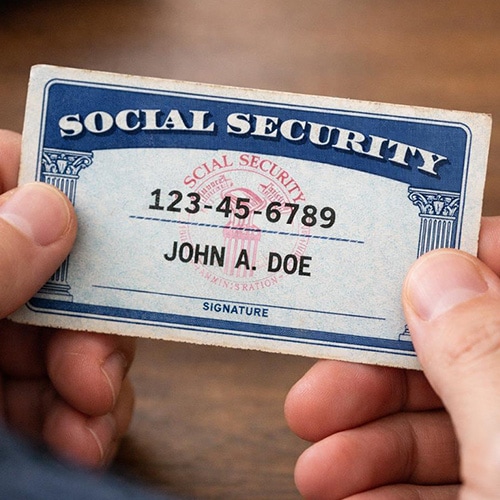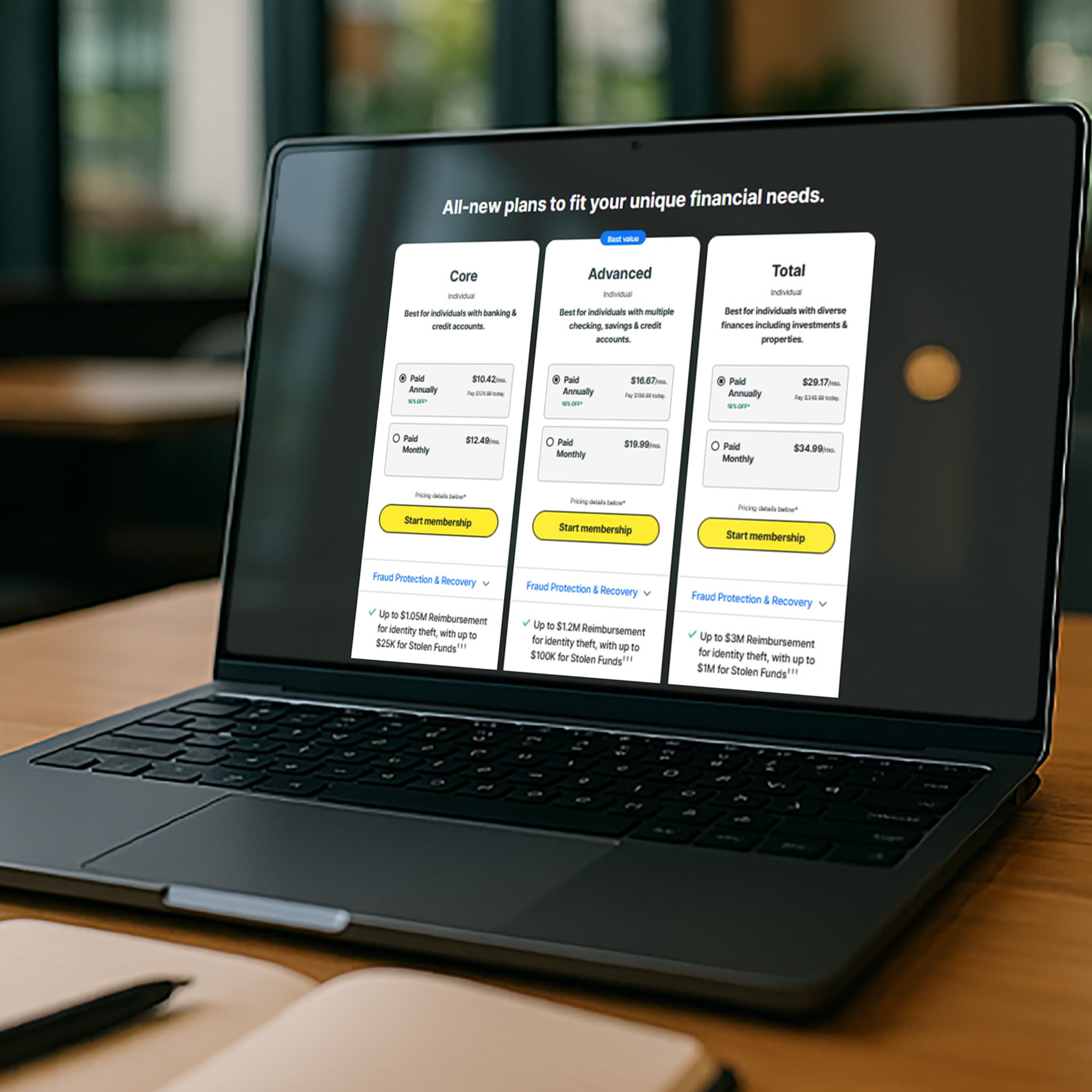Identity theft occurs when someone unlawfully obtains your personal data in a way that involves fraud or deception, typically for economic gain. It’s not just about stolen money; the ramifications can disrupt your life for years. College students are particularly vulnerable, often due to their less cautious online behaviors and the high-value opportunities they present to fraudsters.
A few ways college students get their identity stolen
Physical Theft: Students often lose personal items like wallets and backpacks that contain critical personal information.
Garbage Recovery: Important documents are thrown away carelessly without shredding, making it easy for dumpster divers to access personal information.
Sneaking Peeks: Shoulder surfing at ATMs or while entering passwords on campus can lead to stolen PINs and other secure data.
Phishing Scams: Cybercriminals trick students into revealing personal information through fake emails and texts.
Social Media Scams: Students often share too much personal info on social media, which scammers use to their advantage.
How to help prevent college students' identity theft
1. Safeguarding personal information
It's crucial for students to secure their wallets and purses, never leave sensitive documents unattended, and shred papers containing personal data before disposal.
Tips for students:
Always lock your dorm room or apartment.
Carry only essential documents; leave others in a secure place.
Tips for parents:
Provide a small shredder for dorm use.
Discuss the importance of privacy and caution with personal information.
2. Create strong passwords and PINs
Use a mix of characters and change your passwords regularly. Avoid using the same password across multiple sites.
Tips for students:
Use a password manager to keep track of different passwords.
Add authentication questions that only you would know the answers to.
Tips for parents:
Educate about the risks of password sharing.
Encourage regular password updates.
3. Invest in security software
Protect your digital life with antivirus software, and ensure your computer and phone are always locked when not in use.
Tips for students:
Always install the latest software updates and patches.
Use encryption tools to protect sensitive files.
Tips for parents:
Invest in identity theft protection like LifeLock for your student.
Teach them to recognize secure vs. insecure networks.
4. Use VPNs when on public Wi-Fi
A VPN can protect the data you send and receive online, especially on public networks.
Tips for students:
Always turn on VPN before accessing any personal accounts or sensitive data.
Avoid conducting financial transactions over public Wi-Fi.
Tips for parents
Provide guidance on the best VPN services.
Explain the dangers of open networks.
5. Don't fall for phishing scams
Always verify the authenticity of requests for personal information, and don’t click on links from unknown sources.
Tips for students:
Double-check the email address or links for authenticity.
Report and delete suspicious emails or texts.
Tips for parents:
Keep communication open about the latest scams.
Encourage critical thinking before clicking links or opening attachments.
6. Monitor accounts and credit reports
Regularly check your financial statements and credit reports for any signs of unauthorized activity.
Tips for students:
Sign up for text or email alerts from your bank.
Use apps that track your spending and flag unusual activities.
Tips for parents:
Help set up initial bank monitoring tools.
Teach them how to check credit reports annually.
7. Enable 2-factor authentication (2FA)
Adding a second layer of security can significantly decrease the risk of unauthorized access.
Tips for students:
Activate 2FA on all accounts, especially email and banking.
Keep backup codes in a secure location.
Tips for parents:
Explain the importance and mechanics of 2FA.
Assist in setting up 2FA during account creation or updates.
8. Avoid over-sharing on social media
Adjust your privacy settings to limit who can see your personal information and posts.
Tips for students:
Regularly review and adjust your social media privacy settings.
Be cautious about what personal details you share online.
Tips for parents:
Discuss the potential consequences of over-sharing.
Encourage them to think twice before posting personal information.
Help safeguard against college identity theft with A+ protection
Taking these steps to shield your identity can help ensure that your college experience is both safe and memorable. Identity protection can offer peace of mind in case it happens.
FAQs about College Students Identity Theft
What is the impact of identity theft on college students?
Recovering from identity theft isn't just about replacing your wallet. Our guide covers essential steps, from placing fraud alerts to preventing future attacks. Plus, with LifeLock, you'll get credit monitoring, expert advice, and alerts when we find your information being used
- Financial loss: Unauthorized transactions can drain bank accounts.
- Damaged credit score: Fraudulent activities can ruin your credit score, affecting future loans and employment.
- Legal issues: You may need to clear up wrongful criminal records.
- Emotional damage: The stress and anxiety of being a victim can affect academic performance and personal life.
Why are college students at risk for identity theft?
Due to their high online engagement and less experience with financial security, college students are often easier targets for identity thieves.
What happens if my identity is stolen?
Immediate steps include contacting your bank, freezing your credit, and reporting the theft to relevant authorities to mitigate the damage and start the recovery process.
Editor’s note: Our articles provide educational information. LifeLock offerings may not cover or protect against every type of crime, fraud, or threat we write about.
Start your protection,
enroll in minutes.
LifeLock is part of Gen – a global company with a family of trusted brands.
Copyright © 2026 Gen Digital Inc. All rights reserved. Gen trademarks or registered trademarks are property of Gen Digital Inc. or its affiliates. Firefox is a trademark of Mozilla Foundation. Android, Google Chrome, Google Play and the Google Play logo are trademarks of Google, LLC. Mac, iPhone, iPad, Apple and the Apple logo are trademarks of Apple Inc., registered in the U.S. and other countries. App Store is a service mark of Apple Inc. Alexa and all related logos are trademarks of Amazon.com, Inc. or its affiliates. Microsoft and the Window logo are trademarks of Microsoft Corporation in the U.S. and other countries. The Android robot is reproduced or modified from work created and shared by Google and used according to terms described in the Creative Commons 3.0 Attribution License. Other names may be trademarks of their respective owners.





